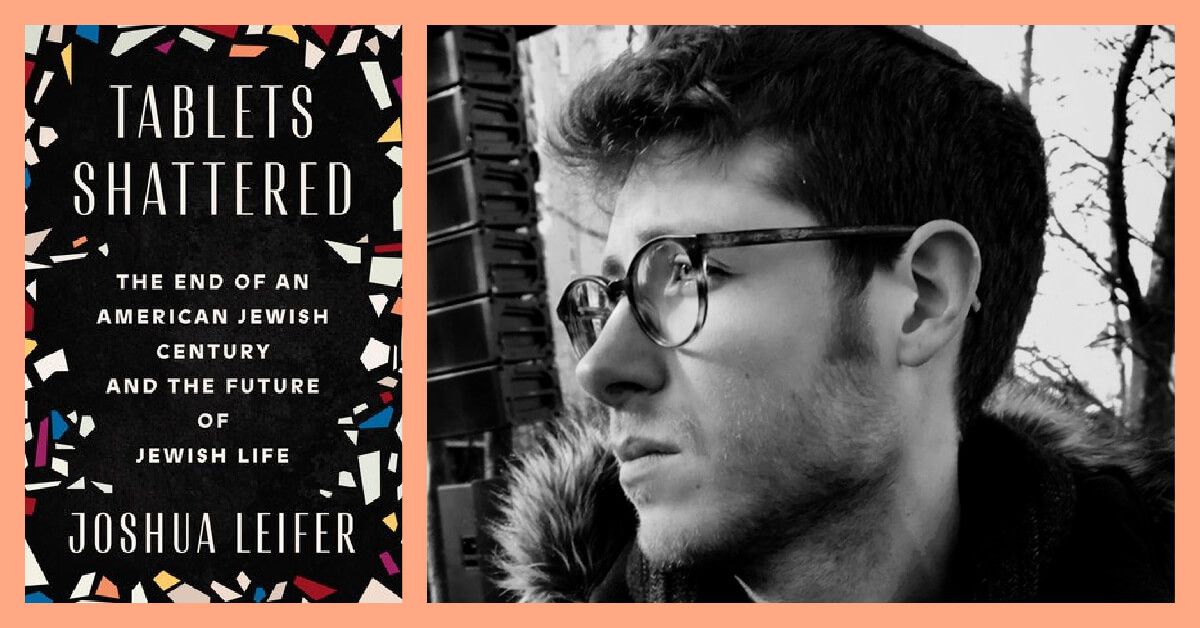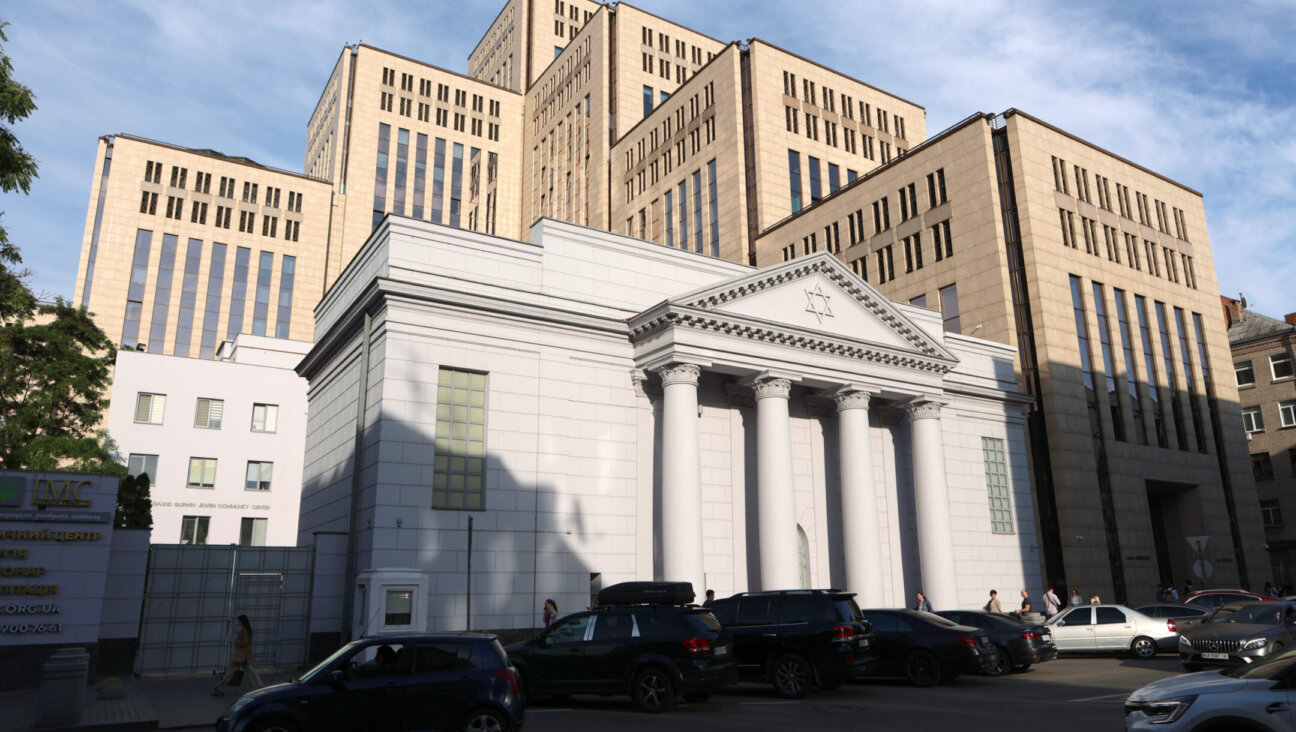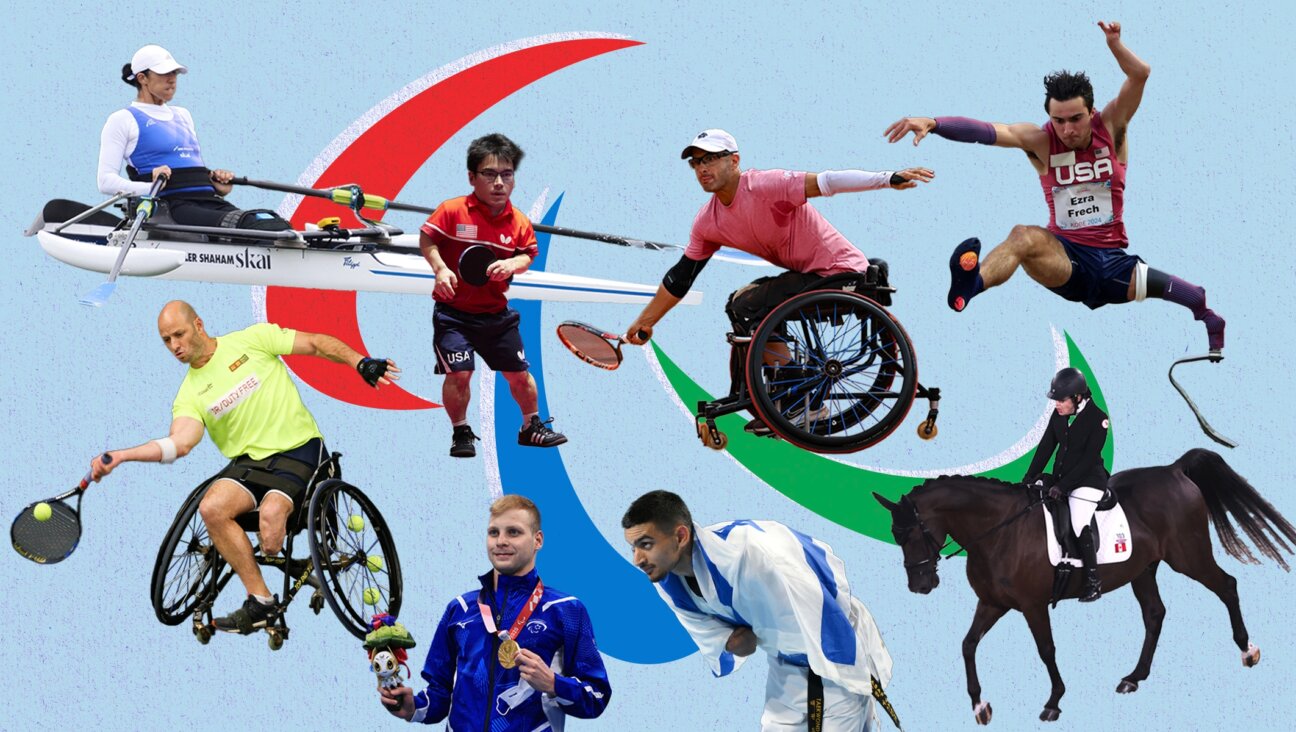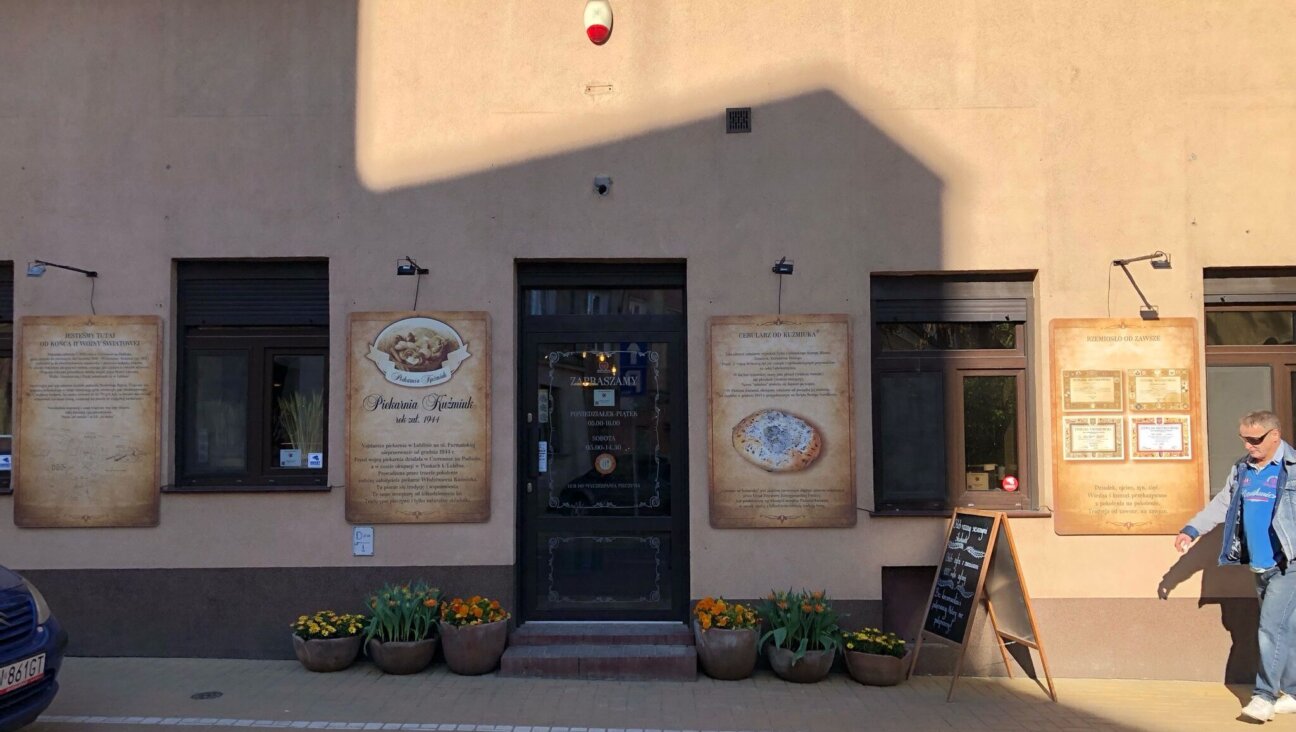A First-person Narration
Some wag once called the book of Deuteronomy “the Torah reading’s version of summer reruns” because significant sections of its narrative review what we have previously read in the fall, winter and spring in Genesis, Exodus and Numbers. Deuteronomy is structured, at least in its opening sections, as Moses’ recollection of the powerful events that the Israelite nation has already experienced, as the people wait for their climactic entry into the Land of Israel. But rather than summer reruns, Deuteronomy might better be viewed as the old exercise beloved by writing teachers: Tell a story using a third-person narrator; now tell it again in the first person, from the point of view of one of the characters. What we read previously, in other words, in the omniscient, almost God’s-eye view of the Torah’s narrator, we now hear through the human voice of Moses. Events are refracted through his eyes; his interpretive spin is what we read in Deuteronomy. This week’s portion, Ekev, gives us a very striking example of the Bible’s double-voiced telling, for it is here, after some preliminary warnings about the need to carefully obey God’s commandments, that Moses recounts “in his own words” one of the most dramatic moments in the entire Torah — the sin of the golden calf.
This dramatic story surprises us in Ekev. It catches us unaware. Moses is talking about the importance of the people faithfully obeying God once they enter into the land. He tells them that God will be behind their conquest of the land; in fact, everything that they accomplish — the people should understand — comes not because of their skill or even their merit, but because God has helped them in battle and made their land fertile and prosperous.
And then, almost casually, Moses comments, “Know then that it is not for any virtue of yours that the Lord your God is giving you this good land” (Deuteronomy 9:6) — we’ve heard this before; it’s a repetitive theme by this point. But that remark leads him to something new, his story, his example par excellence of what it means to displease God, the incident of the golden calf.
If we look at the two versions of the golden calf story, the third-person version of Exodus and the “Moses version” in Deuteronomy, we find many similarities. But the version told in the first person shows two striking differences from what appears in Exodus. First, in Deuteronomy 9:20 we read: “Moreover, the Lord was angry enough with Aaron to have destroyed him; so I also interceded for Aaron at that time.” But if we look back in Exodus 32, there is no mention of any special pleading by Moses on behalf of his brother. In his retelling of the events in Deuteronomy, is Moses perhaps feeling guilty that he didn’t make an effort to help his brother at the time of the event? Is he falling prey to the kind of selective memory that all of us are prone to — remembering events as we want them to have happened rather than the way they did happen? Such an interpretation may be supported by a subtle distinction in the text: The third-person narration in Exodus describes the golden calf as being made by Aaron (Exodus 32:35), while in the Deuteronomy text Moses reminds the people that “you had made yourselves a molten calf” (Deuteronomy 9: 16) and talks to the people about the “calf you made” (9:21). Moses clearly leaves out Aaron’s culpability in his retelling. Here it is the people who are to be blamed. Family loyalty — with perhaps a touch of guilt — has reshaped his telling of the story.
One of the most powerful aspects of the story of Moses’ ascent to the mountain, indeed one of the most beautiful and unforgettable moments in the entire Torah, is recounted at the end of the portion Ki Tissa, the section in Exodus that contains the story of the golden calf. Moses finally returns down from the Mountain, and when he does we are told, “Moses was not aware that the skin of his face was radiant… Aaron and all the Israelites saw that the skin of Moses’ face was radiant; and they shrank from coming near him” (Exodus 34:29-30). It is this remarkable phenomenon — the shining face — that required Moses to put on a veil every time he came to speak with the people after his ongoing meetings with God. Otherwise they could not bear the radiance.
Nothing of this story is to be found in Moses’ own version in Deuteronomy. How are we to understand this? I can suggest two different ways. First, the story of the veiled Moses has always struck me as a kind of tragic dimension in Moses’ life. Moses has gained something that no human being has been privy to: He spoke to God face to face, unlike anyone else. This very closeness to God literally lights him up, but that illumination also causes a great gap between him and other people, symbolized most dramatically in Exodus by the image of the veil. Is this isolation from others so painful that Moses chooses not to recount it in his own version in Deuteronomy? But perhaps there is a simpler, less tortured explanation. We learn in Numbers 12:3 that “Moses was a very humble man, more than any other man on earth.” That enormous humility is a kind of moral signpost for all human beings, from Moses’ time and for us today. Moses did not recount the story of the veil because he refused to be anything else but anav, humble, a man who saw himself as God’s servant, a man who recognized the dangers of an overweening ego and too much self-regard. His face was shining, but in his humility he just wouldn’t see it.
Barry W. Holtz is the Theodore and Florence Baumritter professor of Jewish education at the Jewish Theological Seminary of America. His most recent book, “Textual Knowledge: Teaching the Bible in Theory and Practice” (2003), won a National Jewish Book Award in 2004.























